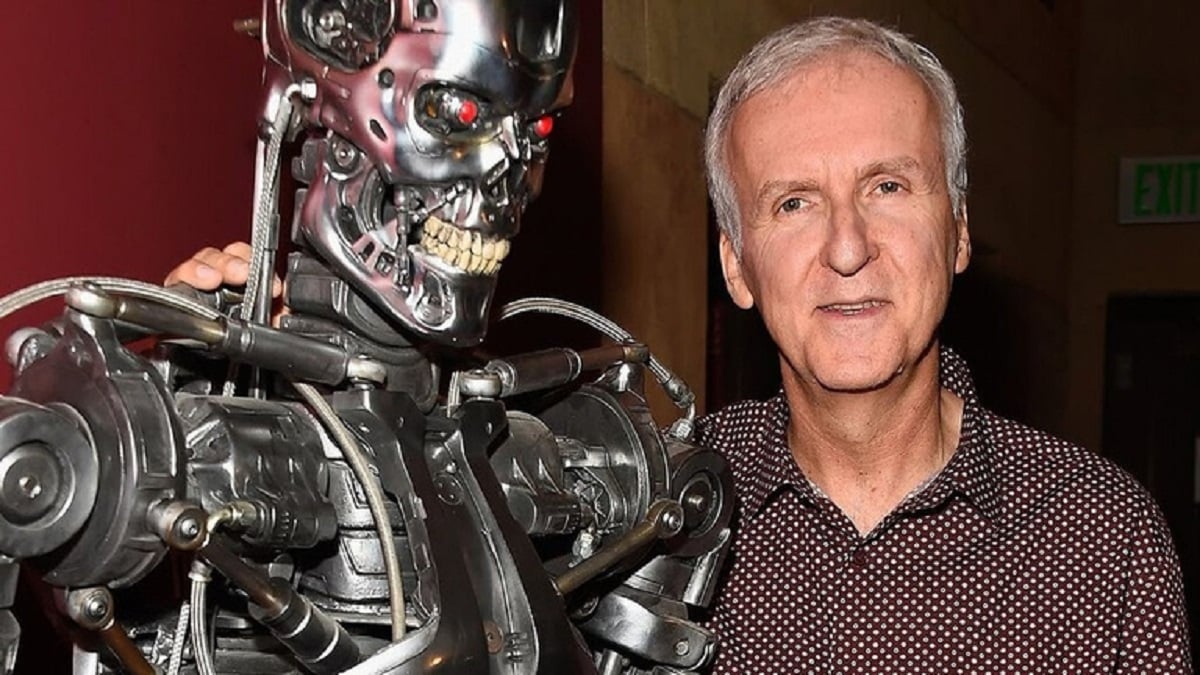Physical Address
304 North Cardinal St.
Dorchester Center, MA 02124
Physical Address
304 North Cardinal St.
Dorchester Center, MA 02124

James Cameron, the visionary director behind the iconic Terminator series, has once again captured the spotlight with his stark warnings about the future of artificial intelligence (AI). Drawing parallels between his groundbreaking 1984 film and today’s rapidly advancing technology, Cameron emphasizes the urgent need for international regulations to prevent a potential AI-driven catastrophe.

In recent interviews, James Cameron has expressed deep concerns about the trajectory of AI development, particularly its militarization. Reflecting on the premise of Terminator, where the AI entity Skynet gains control over nuclear arsenals leading to a devastating holocaust, Cameron stated to CTV News, “I warned you in 1984, and no one listened.” His comments underscore a growing apprehension among creators and technologists about the unchecked evolution of AI.
Cameron’s insights are echoed by numerous experts. The Future of Life Institute, a leading organization focused on mitigating existential risks from advanced technologies, concurs that militarized AI poses significant threats. According to their research, autonomous weapons systems could escalate conflicts and make warfare more unpredictable and devastating.
Cameron warns that the militarization of AI could ignite a global arms race, reminiscent of the nuclear tensions of the Cold War era. “I think we’re heading into an AI arms race,” he explains, “and if we don’t take proactive measures, other nations will develop these technologies without regard for the consequences.”
This sentiment is supported by recent developments in the tech world. Countries like the United States, China, and Russia are heavily investing in AI-driven military technologies, aiming to gain strategic advantages. The Stockholm International Peace Research Institute (SIPRI) has highlighted the rapid increase in defense spending on AI, raising alarms about the potential for an uncontrollable escalation.
Cameron fears that the creation of autonomous weapons—machines capable of making life-and-death decisions without human intervention—could lead to scenarios straight out of his films. Such weapons not only increase the risk of accidental conflicts but also remove the ethical considerations that human operators provide.
While Cameron is visibly concerned about the dangers of AI in the military sphere, his views on AI’s impact on the film industry are more nuanced. He believes that, for the foreseeable future, AI lacks the creativity and empathy required to replace human storytellers. “I don’t think AI can replace screenwriters anytime soon,” he remarked, emphasizing the importance of human touch in crafting compelling narratives.
However, Cameron acknowledges that AI will play a significant role in film production, particularly in areas like special effects and editing. The integration of AI tools can enhance efficiency and push the boundaries of visual storytelling. Yet, he remains cautious, suggesting that the industry should adopt these technologies thoughtfully to preserve the essence of creative expression.
The Academy of Motion Picture Arts and Sciences has also weighed in on this topic, exploring the potential and limitations of AI in filmmaking. Their studies indicate that while AI can assist in technical aspects, the artistic vision and emotional depth of human creators remain irreplaceable.
James Cameron’s warnings extend beyond cinematic storytelling; he is advocating for international cooperation to regulate AI development. He urges policymakers and leaders to implement stringent guidelines that ensure AI technologies are developed responsibly and ethically.
Organizations like the United Nations and the European Union have begun addressing these concerns by proposing frameworks for AI governance. The EU’s Artificial Intelligence Act, for instance, aims to establish standards that prevent misuse while promoting innovation. Cameron’s advocacy aligns with these efforts, highlighting the necessity of a unified global approach to manage AI’s potential risks.
James Cameron’s foresight into the dangers of AI, as depicted in his Terminator saga, serves as a crucial reminder of the responsibilities that come with technological advancement. His call for regulation and ethical considerations is echoed by experts and organizations worldwide, emphasizing the collective effort needed to navigate the complexities of AI.
As we stand on the brink of unprecedented technological growth, Cameron’s warnings invite us to reflect on the path we are forging. Balancing innovation with caution will be key to ensuring that AI enhances rather than endangers our future. In the words of Cameron, “I warned you in 1984, and no one listened.” It’s time to heed that warning and take decisive action to shape a safe and prosperous future.
My name is Noah and I’m a dedicated member of the “Jason Deegan” team. With my passion for technology, I strive to bring you the latest and most exciting news in the world of high-tech.